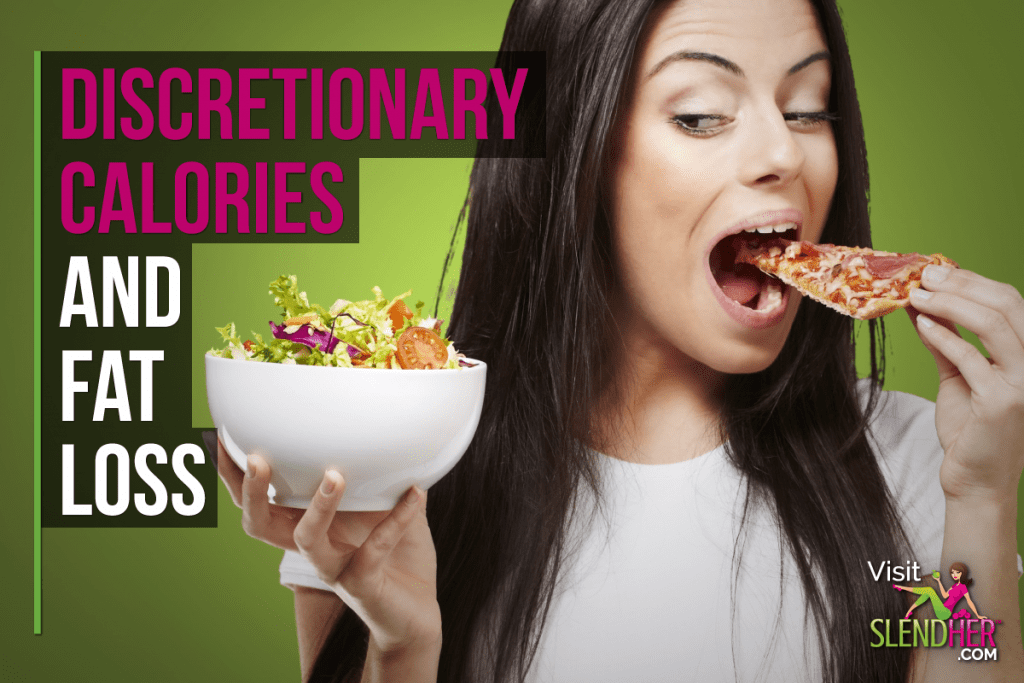
We all need calories, there is no escaping that fact. For many years, it has become a scary topic, creating a place of fear around the world. Calories get such a bad rap, it is essential to clear this fear to help you understand that calories are needed for a healthy body.
When this fear around calories is cleared, you will be able to eat food from a place of understanding the body and what it needs to thrive, as opposed to eating with fear, guilt, shame, or restriction.
What are calories?
A calorie is a unit of energy. In nutrition, calories refer to the energy people get from the food and drink they consume and the energy they use in physical activity. Calories are essential for human health. The key is consuming the right amount to help your body thrive at its best. Everyone requires different amounts of energy each day, depending on age, sex, size, and activity level.
Calorie Requirements

The daily calorie requirements from the dietary guidelines recommended on health.gov suggest estimates ranging from 1,600 to 2,400 calories per day for adult women. The total number of calories varies depending on the factors stated above and is calculated using the estimated energy requirements (EER) equations. The EER equations use average heights and healthy weight ranges for each age group as part of the calorie estimation. Take a look at the estimated calorie needs table here. Use this as a base to understand what your body needs to maintain optimal well-being.
Discretionary Calories
Discretion is the “ability to make responsible decisions”. Discretionary calories are excess calories to enjoy once your required nutrient needs are met. The basics behind this concept are that once you know how many calories your body needs to function at its best, you focus on eating most of the calories from nutrient-dense foods, and then 100 to 300 of the other calories can be used on foods that are less nutrient-dense.
This approach is ideal for those who struggle with the idea of healthy eating. This approach can help create a healthier mindset towards food by focusing on eating a large percentage of food that is abundant in nutrients to help the body thrive and function at its best, whilst eating foods with less nutrition purely for the enjoyment of the taste. This allows you to eat better without being focused on every bite of food being “perfectly healthy” for the body.
This approach to eating is not for everyone. It is suitable for you if you need a way of eating that creates a type of balance for your mind so that you do not feel deprived of certain foods but know you are providing the body with nutrition to create a healthy body and mind. For example, people who have come from a background of eating mainly junk food, restricting food intake, or focusing obsessively on the perfect healthy diet can usually benefit from allocating discretionary calories to their eating habits.
How to Use Discretionary Calories
You can use the approach of discretionary calories by doing this:
Look at the table linked above to see what the average calorie requirement is for your body. For example, if the calories are 2000, then eat approximately 1700 of nutrient-dense foods, then 300 calorie-dense discretionary calorie foods.
- Nutrient-dense food examples: Fruit, vegetables, sweet potatoes, white potatoes, quinoa, rice, nuts/nut butter, tofu, legumes
- Discretionary calorie food examples: foods higher in sugar and less nutritious carbs or fats, such as biscuits, ice cream, cakes, pizza, burgers, and alcohol
Eating for Fat Loss

Once there is an understanding of how much food to eat daily, this will help the body create homeostasis. It is important to eat the amount of food that helps the body feel stable and keeps it out of starvation mode so that it does not hold on to existing body fat. Or, on the other side of the equation, it is just as important to not give the body too much food so it stores all that extra energy as, extra body fat. If excess body fat is an issue, knowing the daily requirements of the body is a great way to understand your own body. That can be the first step toward shedding unwanted body fat.
When you eat the amount of calories that helps the body function optimally, and then use the discretionary calorie approach, it can help you to eat freely without feeling restricted and deprived. It will help to reduce cravings and feelings of missing out on certain foods. In the long term, this will prevent you from eating too much food for your body, as your mind and body will feel satiated.
No matter the approach to eating, if the health of the body is a priority, then finding a method that helps the body feel satisfied is crucial, and using the discretionary calorie concept can be the method that helps you eat with freedom.

Leave a Reply